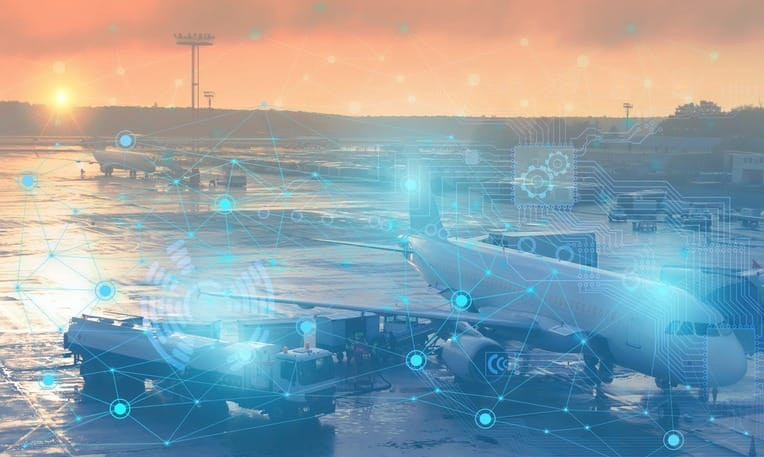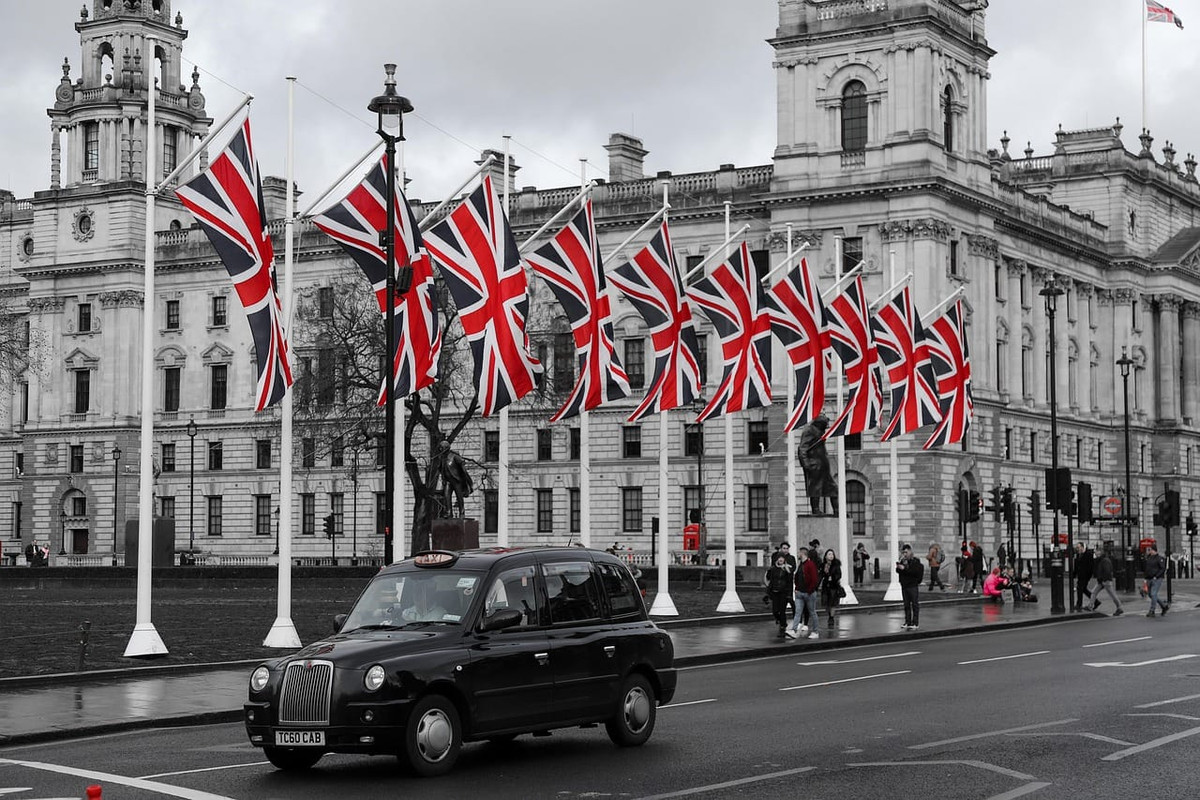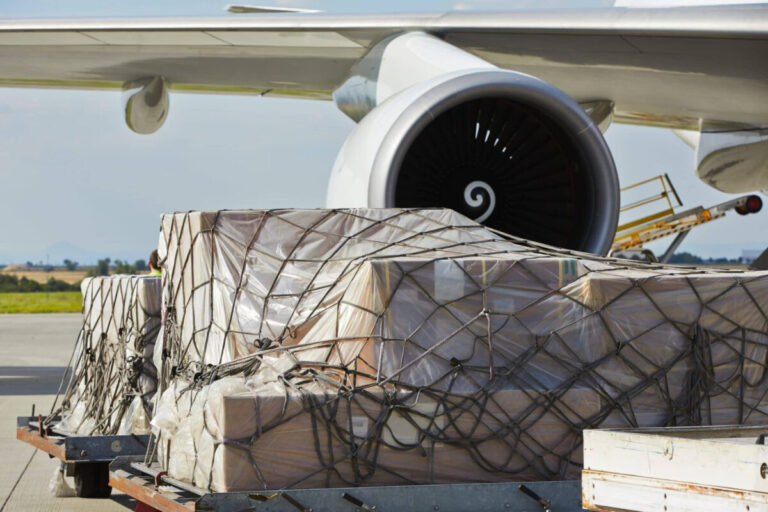
There is a revolution happening in the aviation industry and it is being driven by artificial intelligence technologies. Space Artemis Look at the difference it actually makes.
Artificial Intelligence is reshaping our future in every arena around the world. From communications to business, from space travel to medical research, there is no sector that has not been affected by its seemingly limitless capabilities. The aviation industry has fully embraced its potential. We look at how to transform every aspect of the flying experience.
Aircraft design and manufacture
AI applications are widely used in aircraft design and engineering. Algorithms and machine learning use statistical models to produce optimal aerodynamic designs that increase speed, improve sustainability, and enhance safety and durability. AI can enable engineers to select the ideal raw materials for components and plan the production process to minimize waste and maximize performance, thus reducing costs. It can also play an important role in preventive maintenance by analyzing historical data and predicting which parts will be needed and when an aircraft should be scheduled for repair, avoiding an expensive AOG condition.
Aircraft safety
One of the most important areas of AI-enhanced aviation is crew and passenger safety. During flight, AI can channel information from flight data recorders, weather information and aircraft sensors to predict potential risks, such as severe turbulence, and take mitigation actions. Feedback from these incidents will continue to help improve public safety standards. On-board security is also enhanced through AI-based facial recognition and biometrics, which reduces queuing for passenger identification and helps reduce fraud and the risk of on-board security threats.
Crew management systems
Crew scheduling using AI has significant advantages in increasing reliability and efficiency at a time when there is a global shortage of qualified pilots and cabin crew. AI algorithms can help ensure the right set of crew is selected for each flight and that they are all available and in the right place, taking into account crew requests, health and safety regulations, costs and rotations.
Fuel efficiency
Aircraft engines produce gases and particulates resulting from the combustion of fossil fuels. AI can analyze weather conditions, wind patterns and other air traffic data, such as the number of passengers on each flight, to calculate the fastest routes for the plane to take, thus reducing emissions as well as flight times. It can also examine data and recommend flight paths that will minimize jet launches.
Many airlines are currently studying and investing in the potential of sustainable aviation fuel (SAF), which reduces harmful emissions and has fewer environmental concerns. They are produced from renewable energy sources such as algae and waste. Artificial intelligence can obtain these products and improve the manufacturing process, improving efficiency and reducing cost.
Buy tickets
With AI-based machine learning, passengers are more likely to get an online booking experience closely tailored to their needs, taking into account their personal budget, frequent flyer rating, and their likes and dislikes about travel based on previous selections. It can also simplify complex journeys by suggesting the most practical routes and reduce instances of booking fraud by tracking suspicious financial activity.
Baggage handling
Automated check-in services have already sped up the boarding process, and artificial intelligence is being used to maximize efficiency in tracking baggage and managing its delivery from start to finish. It can be programmed to allow for flight delays, prioritization of connecting flights and problem of lost luggage. The demise of the paper luggage tag is also drawing closer with AI being able to use image recognition to track luggage and deliver it to the owner, picking up on small details such as bag design, labels and even scuff marks and specific chips. Travelers who download the relevant application can track their baggage during their trip.
There are always concerns about the use of artificial intelligence and the aviation industry is no exception. Employees are concerned about jobs becoming redundant and the absence of human intervention, and there are associated ethical, safety and security implications. However, like an open Pandora’s box, there is no going back, so with crucial checks and balances in place, AI will undoubtedly continue to simplify and improve operational efficiency across the sector.



